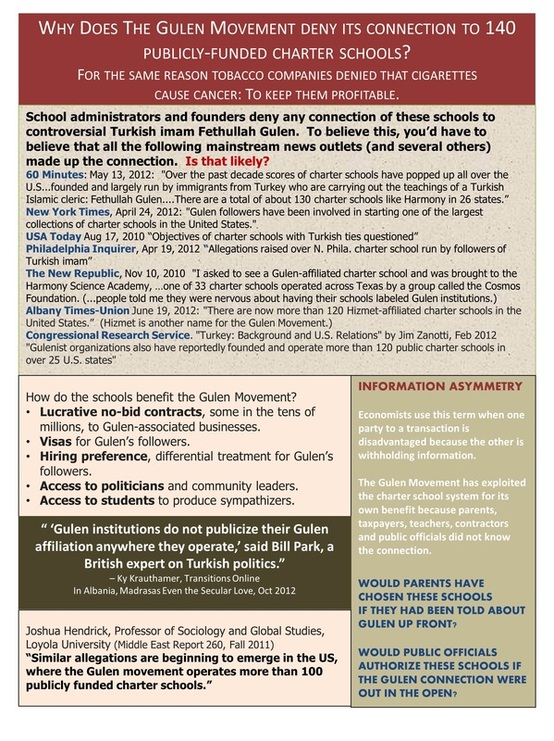Detroit lawmakers say DPS bills appear to be part of a conspiracy
LANSING, Mich. (WXYZ) - The House of Representatives is expected to vote on controversial bills that would address the Detroit Public Schools financial crisis.
One thing is clear. No Detroit lawmaker is likely to vote in support of the bills.
This is one of two proposals in Lansing right now in response to the district’s financial crisis. The other was put together by the Senate.
So what do the bills (House Bills 5382, 5383, 5384, and 5387) being debated right now do and why are Detroit lawmakers so against them? There are several issues.
Detroit lawmakers say it is about power. The House plan would delay the election of a school board in Detroit until next year.
“That is unacceptable. Our children have suffered long enough under emergency managers,” said Rep. Sherry Gay-Dagnogo (D-Detroit).
It is also about busting unions.
Republicans on the House Appropriations Committee, which voted for the bill - sending it to the full House - made it clear they are unhappy with the protests by Detroit teachers that closed schools.
The protests happened after teachers said they learned they were facing payless paydays because the district was underfunded by the state, and protested to ensure they are given what they are owed.
Many Republican lawmakers say the teachers should have stayed in the classroom teaching kids, not participated in such political actions.
The proposals would create a new school district and throw out current labor contracts. They would potentially decrease the pay of teachers in Detroit, by allowing the district to use uncertified teachers.
Republicans say this would address the teacher shortage.
“Teachers are professionals. You don’t put uncertified teachers in just Detroit Schools,” said Sen. Coleman Young II (D-Detroit) “You wouldn’t do that with anyone else. You wouldn’t say to address the pilot shortage, we are going to take away the certification to become Detroit lawmakers say DPS bills appear to be part of a conspiracy - WXYZ.com:










